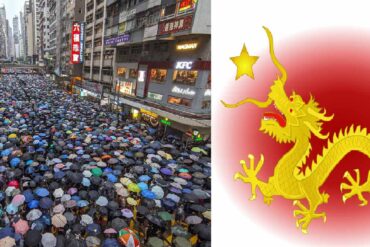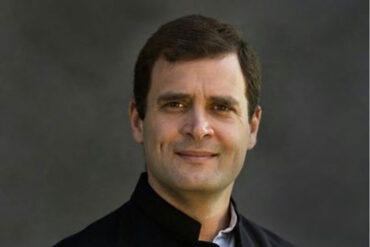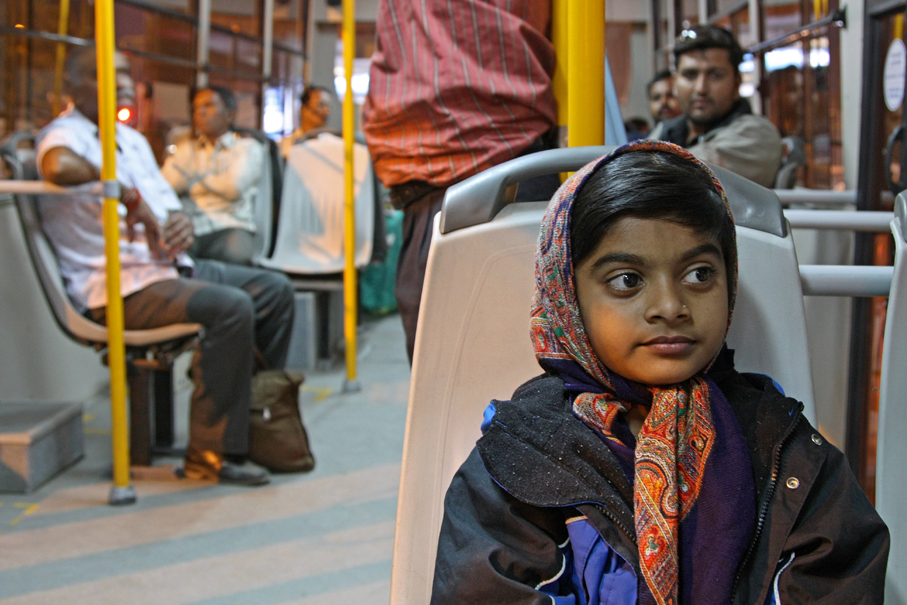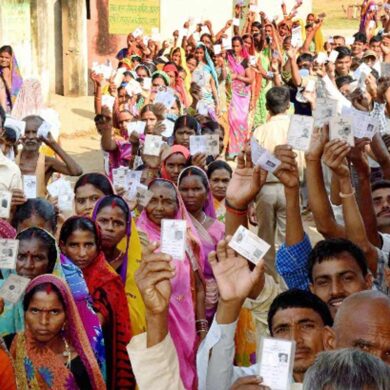What can I do? They are so powerful.
How can I control them? I am destined to experience and suffer all this.
These are some very common statements we often hear from the Aam Aadmi (common man). The Aam Aadmi always feels that he is powerless, he is destined to suffer in the hands of the powerful, he has no control over them.
But the reality is, THIS IS NOT TRUE.
The most powerful person is the Aam Aadmi. Unfortunately, he is not exercising his rights properly, he is not enforcing his power properly. In the following paragraphs, we will see, why and how, the Aam Aadmi is the most powerful person.
Let us take the case of a business establishment (a company). Normally, who is the most powerful person in the company? Undoubtedly, it is the owner or owners. They control the company and its activities.
Since they cannot do everything on their own, they employee people to help and assist them. In any successful company, there is a very good rapport between the owners and the employees. There is a mutual trust, a confidence, a belonging.
Each tend to support the other. The employees work with a sense of responsibility. At the same time, if the owner finds that any employee is not working as expected and towards the welfare of the company, the owner has the right to take disciplinary action against the employee.
But what will happen if the owners become passive and expect the employees to do the necessary things based on their understanding. In most of the cases, the employees will just look at their interests and sideline the interest of the company and its owners. They are confident that the owners will not be looking into the activities.
There will be lot of misappropriation of funds, lot of unethical practices. In the end, the employees will stand to gain. The company and its owners would be the losers. The company starts making losses. The employees demand for more money to keep the operations going.
To make up for the losses, the company will take loans from outside. The liability of these loans falls on the company and the owner. The employees do more misappropriation. The company makes more losses. The company takes more loans. The liability of the company and its owner keeps increasing.
The same thing applies to “a democratic country” also. In a democratic country (same as the company), the people of the country (Aam Aadmi) are the real owners. They are supposed to control the activities.
Since they cannot do everything with respect to running the country (just like running the company), they elect representatives (MP’s and MLA’s) to do things for them. The elected representatives are the employees of the Aam Aadmi. Just like in the case of a company, if there is a trust, mutual confidence and belonging between the Aam Aadmi (owner) and elected representatives (employees), the country (like a company) will have a smooth running and it will progress.
However, if the owner of the company (Aam Aadmi in a democratic country) becomes passive, the employees (MP’s and MLA’s) take a upper hand and start doing things for their own interest. Just like the case of a bad company (as explained earlier) the country gets into trouble. The finances will be misappropriated by the elected representatives. The country will be forced to take external loans. The debt burden comes on the country and the Aam Aadmi. This cycle continues.
Based on the above analogy, what do we understand? The Aam Aadmi has to act like an active owner. The activities of the elected representatives should be accounted for and known to the Aam Aadmi.
If the elected representative does not perform the assigned duties, the Aam Aadmi should have the right to take action against that elected representative. If this happens, our country will also run like a successful company. The owner (Aam Aadmi) and the employees (elected representatives) will have a sense of respect and belonging towards each other and that will make the company (the country) grow.
So friends, for our country to grow and develop, we have to build accountability. The means to build accountability are by implementing Jan Lokpal, Right to Reject, Right to Recall, Gram Swaraj etc.
Let us all come together and put in our best effort to propagate this message to each and every corner of the country. We can do it and if it is done, the country will see the change.
 Main image by Meena Kadri (@meanestindian). Link to image on Flickr.
Main image by Meena Kadri (@meanestindian). Link to image on Flickr.







